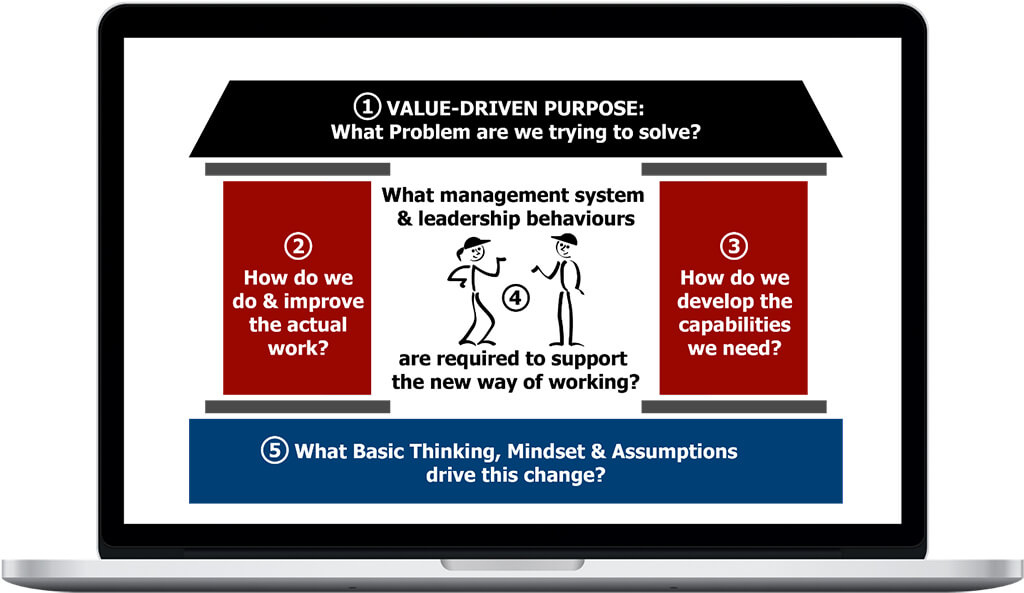
Lean Transformation Framework – On-Demand Webinar
Welcome to our Lean Transformation Framework webinar recording. Please scroll down the bottom of this page to access the materials under ‘Course Content’. As part of our purpose to help you become self-reliant on your lean journey we are giving you access to the following:
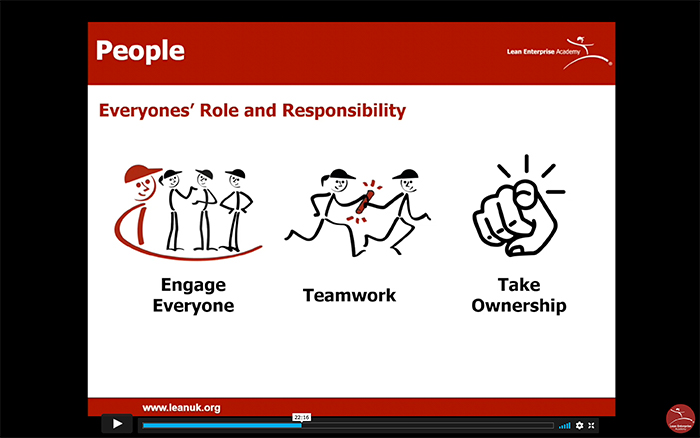
A video of the webinar
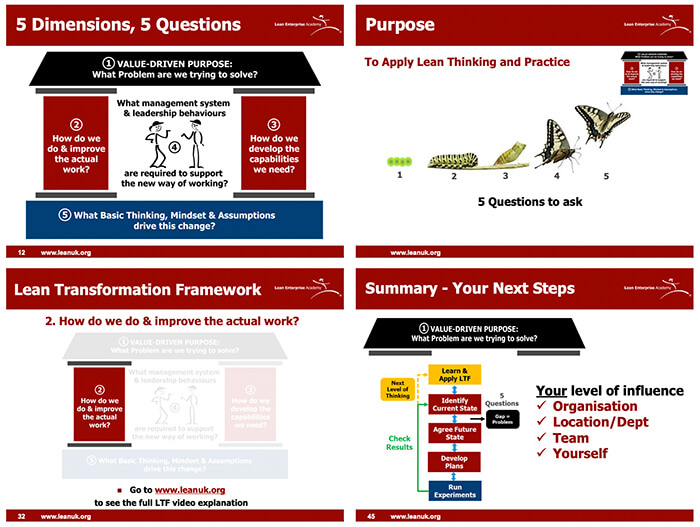
A copy of the slides
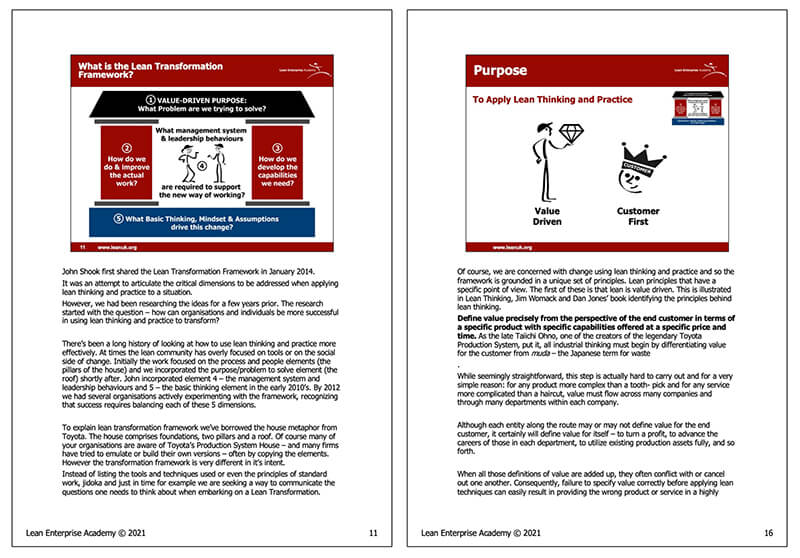
A transcript from the webinar
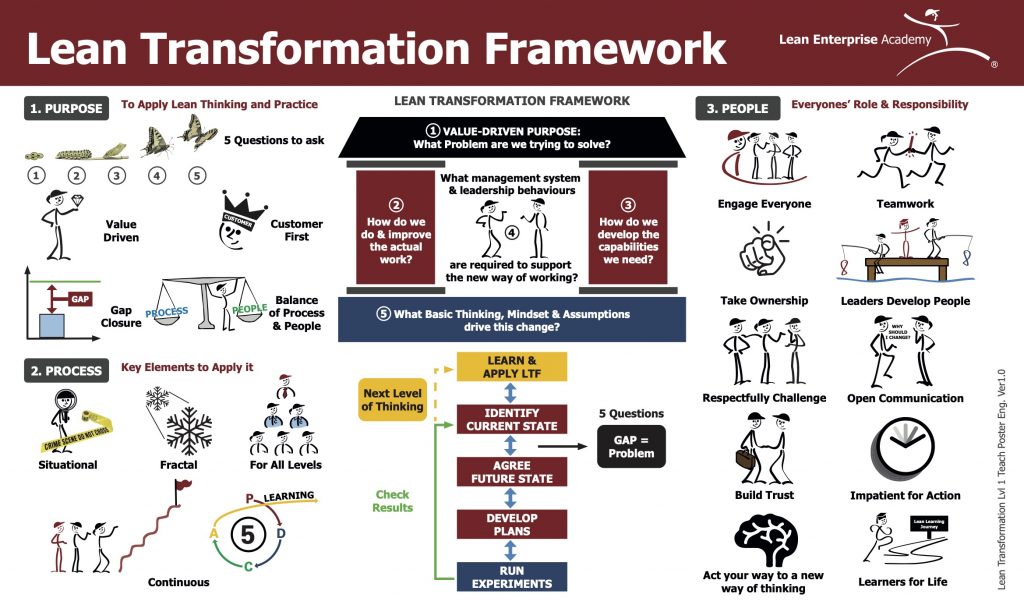
Our Lean Transformation Framework Teach Poster
Lean Transformation Framework On-Demand Webinar
Customers which have already purchased the webinar as a live event will be sent a coupon code via email to access this content for free.
Course Content
Ratings and Reviews
5.0
Avg. Rating
1 Ratings
5
1
4
0
3
0
2
0
1
0
What's your experience? We'd love to know!
Login to Review
What's your experience? We'd love to know!
Login to Review

This is a key section of the training material. Well done. Make sure your people understand this because it is foundational.